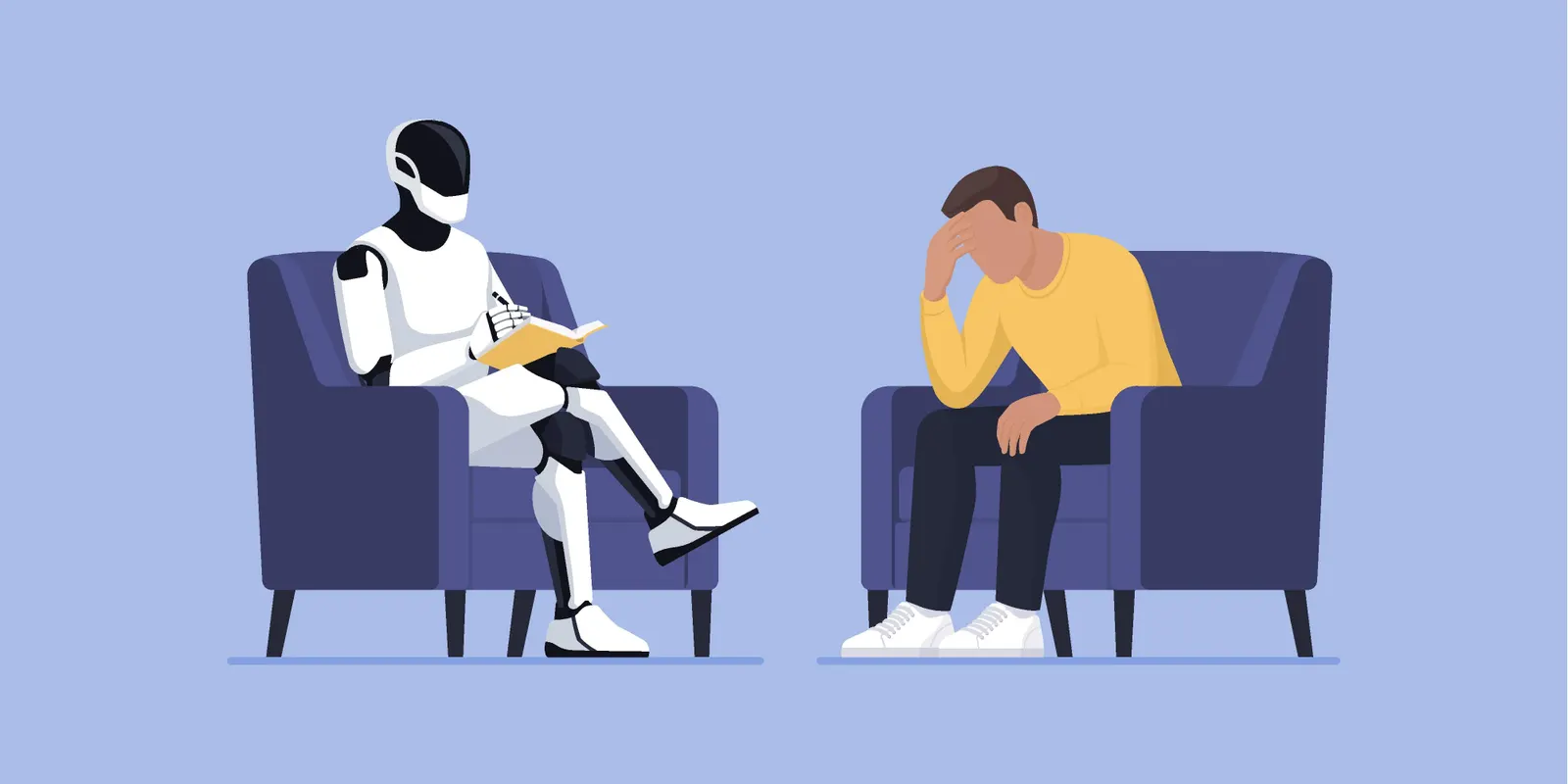By Contributor,Sahar Hashmi
Copyright forbes

Agentic AI has the potential to transform mental health care by providing continuous, personalized support. These autonomous systems could monitor well-being, predict crises, and deliver timely interventions—bridging critical gaps in the current mental health landscape.
Mental health challenges have reached unprecedented levels, driven by global uncertainty, workplace burnout, and mounting societal pressures. In 2024, MHA reported, nearly 60 million adults (23.1% of the U.S. adult population) experienced a mental illness, with over 13 million adults (5.04%) reporting serious thoughts of suicide. Yet, only half of those individuals receive treatment, revealing a significant gap in access to timely, high-quality care.
Mental Health Challenges Demand Innovative Solutions
As mental health pressures continue to rise, experts are exploring agentic AI systems, autonomous agents capable of independent decision-making, continuous learning, and proactive intervention, as a potential solution. While not yet widely deployed, these systems represent a promising approach to addressing gaps in traditional care and expanding access to mental health support.
Moving Beyond Reactive Care: The Promise of Autonomous AI
Today’s complex stressors, from geopolitical instability and economic uncertainty to workplace pressures and social media-induced anxiety, have overwhelmed conventional mental health care systems. Without timely, proactive interventions, these pressures can escalate into severe conditions such as anxiety disorders, depression, and post-traumatic stress. Unlike current AI, which primarily responds to prompts, agentic AI could operate independently, making decisions, taking actions, and adapting based on continuous data analysis. In the future, this technology could monitor mental health in real time, coordinate interventions across platforms, and predict crises before they occur, creating the potential for a more responsive, preventative mental health ecosystem.
Potential Applications of Agentic AI in Mental Health
1) Autonomous Therapeutic Agents
One promising application is the development of autonomous AI therapists. These agents could conduct therapy sessions, track patient progress, and adapt treatment approaches based on ongoing interactions. They could provide 24/7 availability, consistent delivery of evidence-based interventions, and private, stigma-free interactions. If scaled effectively, these agents could help fill the global shortage of mental health professionals, offering timely support to populations that currently lack access to human therapists.
MORE FOR YOU
2) Predictive Mental Health Ecosystems
Wearables and smartphones already collect vast amounts of behavioral and biometric data, but current systems rarely translate this data into meaningful interventions. In the future, agentic AI could create intelligent mental health ecosystems that continuously monitor physiological and behavioral signals such as sleep patterns, activity levels, social engagement, and stress indicators, and synthesize this information into actionable insights. By detecting early warning signs of mental health deterioration, these systems could deploy personalized interventions such as micro-exercises, cognitive reframing prompts, or social engagement nudges before conditions escalate.
3) Proactive Crisis Prevention
Perhaps the most transformative potential is in predictive crisis prevention. Future agentic AI could anticipate deteriorating mental states, determine optimal intervention timing, and escalate to human professionals when risk levels are high. By learning continuously from individual responses and environmental cues, these systems could intervene before crises fully develop, helping to prevent avoidable harm and improve overall mental health outcomes.
Shaping a Scalable, Intelligent Mental Health Future
Agentic AI offers the potential for scalable, continuous, and intelligent mental health care. These systems could provide support to large populations simultaneously, operate without human fatigue or availability constraints, and dynamically learn from each interaction to improve therapeutic effectiveness. They could also integrate seamlessly across digital platforms, offering a comprehensive, responsive approach to mental health management. However, realizing this vision requires careful attention to ethics and safety, including privacy protections, bias mitigation, and maintaining human oversight for high-risk interventions. The promise of agentic AI lies not in replacing human clinicians, but in augmenting care and bridging critical gaps in the mental health system.
A Visionary Opportunity
The convergence of escalating mental health needs and emerging AI capabilities presents a historic opportunity to reimagine mental health care. If developed thoughtfully, agentic AI systems could provide personalized, accessible, and continuous support, helping to close treatment gaps and enhance human well-being on a global scale. While these applications remain largely potential, their promise highlights a path toward a more responsive, preventative, and inclusive mental health future.
Editorial StandardsReprints & Permissions



